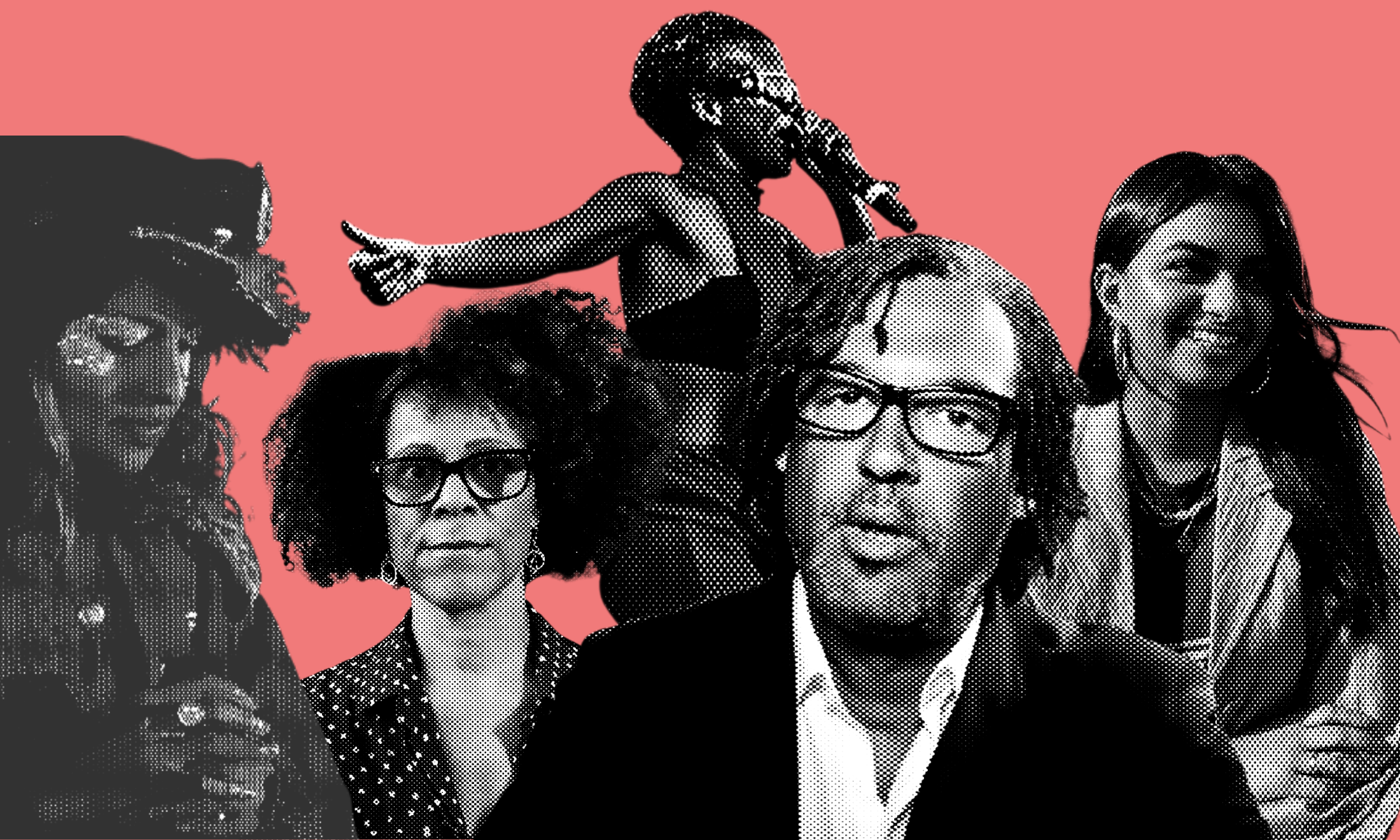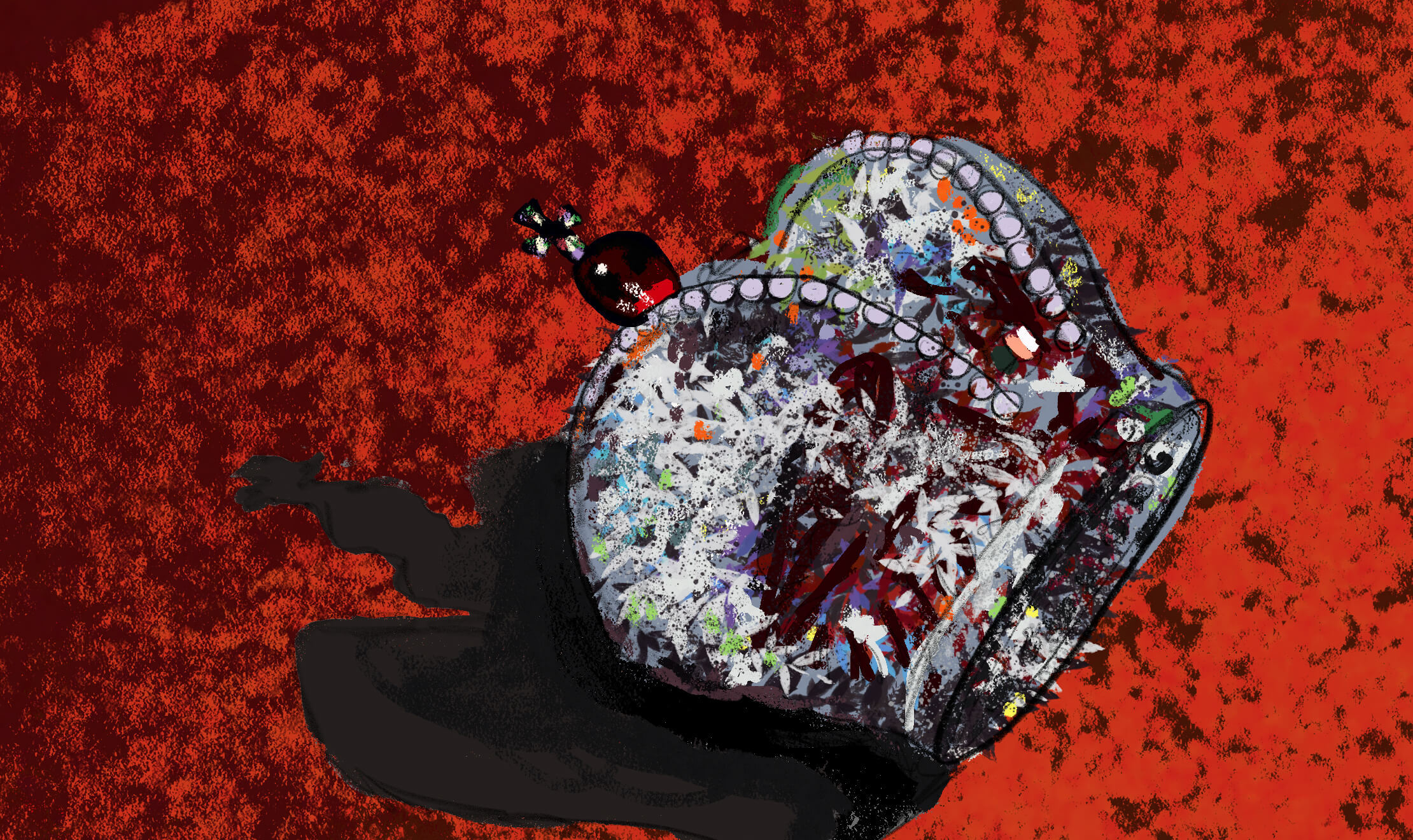
Rosemary Gilliat Eaton. Library and Archives Canada, e010950492 /
RIP to Prince Philip and that but Britain’s relationship with the monarchy is absurd
Reactions to the 99-year-old monarch’s death have shown how far away we are from a republic.
DiyoraShadijanova and Editors
13 Apr 2021
Breaking news: a 99-year-old man who lived a life of luxury died peacefully in his sleep, so everyone must stop in their tracks and mourn him for eternity (just about how long he lived).
But seriously, you couldn’t have missed the news of Prince Philip’s passing. The papers were flooded with tributes, Instagram stories shared the same three images of the prince in his more youthful days, office Zoom parties were cancelled and some even set off on a pilgrimage to Buckingham Palace in order to pay their respects to the monarch.
The British media was in its element carrying out Operation Forth Bridge (the name of the protocol following the death of Prince Philip). Main channels stopped their usual programming and instead ran special coverage to “mark his life of extraordinary public service”. A period of national mourning ensued: one news presenter nearly burst into tears as she announced his death, British flags were dropped to half mast and a BBC dance radio station dramatically changed its tune halfway through a song. MPs gave tributes to Prince Philip for seven and a half hours and no other parliamentary business took place on Monday. Remind me, did parliament ever do the same for the 125,000 people who died in the pandemic?
“What level of delusion are we at if this is the narrative we’re weaving about the royal’s past?”
Then the commentariat began to portray Prince Philip as some kind of a modern feminista just because he ‘let’ his wife do her job. Harriet Harman called him “profoundly countercultural” because apparently “it takes a remarkable man to be a leader but it takes even more to support a woman leader”. Two Guardian pieces with the same top line ran side by side. One stated that the prince “defined a different type of masculine ideal” while the other lauded him for “walking two steps behind” the Queen. Have we suddenly forgotten that it was his job to support his wife as a consort and that he wasn’t some kind of underground radical? What level of delusion are we at if this is the narrative we’re weaving about the royal’s past?
Organisations got in on the mournfest too. Take National Rail, which as a mark of respect for Prince Philip, made its entire website grayscale so that customers and employees were left unable to read the timetable. Who needs to catch a train when you’re in grief? The Metropolitan Police made its tribute to the royal through their Twitter header and temporarily changing their logo colour to black. And this sweet company even compiled a Union Jack colour themed candy mix in memory of Prince Philip. Nothing says RIP like a good old cavity!
Then there were the people getting everything in a twist in trying to argue how much of a racist he actually was or wasn’t. Frankly, isn’t the bigger question about why we have an active royal family in the first place? The wider debate is not about his individual character but the continuation of a monarchy in a modern democracy, as well as these sorts of extravagant and excessive displays of royal grief. Similarly to Harry and Meghan’s story, while we’re too busy squabbling over getting more ‘diversity’ in the royal family and reforming it, the entire conversation should be about how we’re going to abolish the whole thing altogether.
“The wider debate is not about his character but the continuation of a monarchy in a modern democracy”
Prince Philip’s death reveals a divided Britain (not split evenly of course, 70% of Britons are staunch royalists and Bernadine Evaristo wants you to know that in case you were planning ‘Le Revolution’). You’re either in camp a) where you’re promising to name all your future children after him or b) where you realise how absurd the public reaction to his death truly is. I don’t need to give you a hint about my position.
On a logical level I completely understand why in a monarchy, the husband of the queen would get excessive coverage and attention from all sides. It’s also understandable why older generations feel more of a connection to his passing. Perhaps they see him as more of a public figure and so their mourning is a result of a more parasocial relationship – just like one you’d have with a celebrity that really resonates with you.
But more shocking is the reaction of people my age and younger. Did you know that nearly 60% of 18-24 year olds support the monarchy? Forgive me if I’m wrong, but what do most young people know about Prince Philip besides the fact he was ‘hot’ and only ‘slightly racist’ in The Crown, or his involvement in that group walk some of us did in Year 11 when everyone got lost and hated each other?
“I can’t help but think that most people mourning him are doing so out of ‘duty’ – because it’s the expected thing to do”
I can’t help but think that most people mourning him are doing so out of ‘duty’ – because it’s the expected thing to do, because everyone else is too, because the media tells us we need to drop everything and engage in this disturbing collective ritual. Would he have even wanted this? Some don’t seem to think so.
And people who stop in their tracks to question why Prince Philip’s death should be more important than any other (especially in a year when marginalised communities have been dying disproportionately due to Covid-19), are painted as communist heretics wanting the royal family’s heads on spikes. We don’t – a peaceful transfer of taxpayers’ money and constitutional power will do just nicely!
It might be comforting to think that in a land torn apart by years of Brexit and a decade of Tory rule, the royal family somehow offers unity – as though its position is apolitical and mourning Prince Philip’s death together will heal our divides. But this is a carefully constructed illusion used to brainwash the masses. The sheer existence of the royal family upholds a vastly unequal, hierarchical society in which the monarchy sits right at the top, gobbling up taxpayers’ money. Unfortunately Prince Philip’s death has shown just how much British society is in bondage to this illusion and that we won’t be any closer to a republic if we keep up this performance.
“This isn’t the time to have that conversation”, royalists will often say. “Don’t politicise it.” Well… let me know when the right time comes because I’ll still be here, banging the same old drum.

Britain’s policing was built on racism. Abolition is unavoidable

How Pakistan’s Khwaja Sira and transgender communities are fearing and fighting for their futures

Their anti-rape performance went viral globally. Now what?






